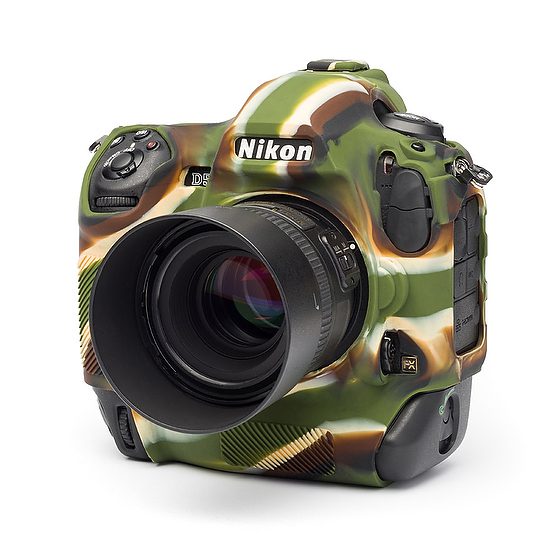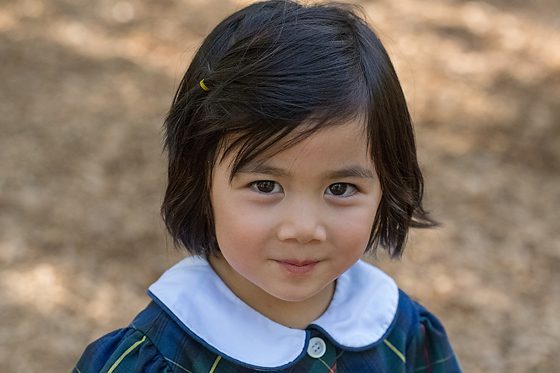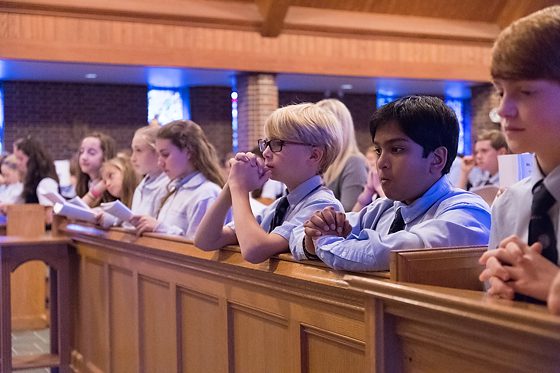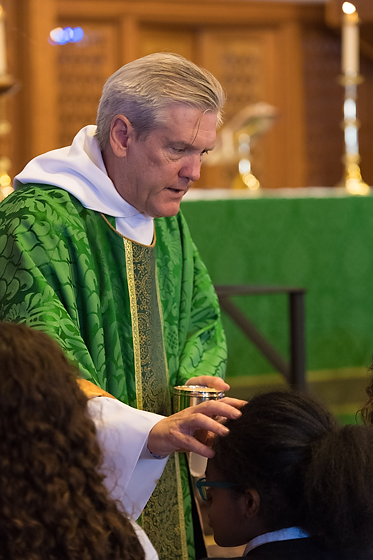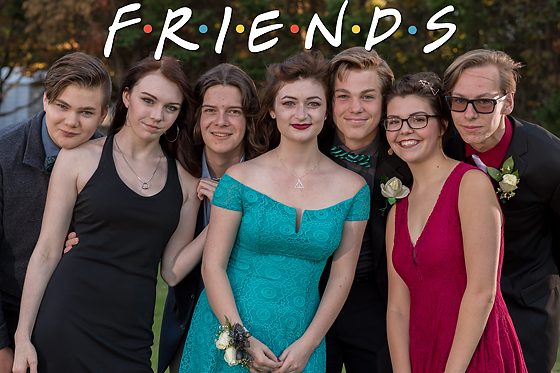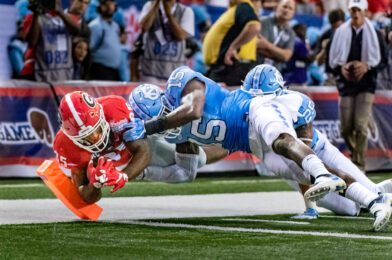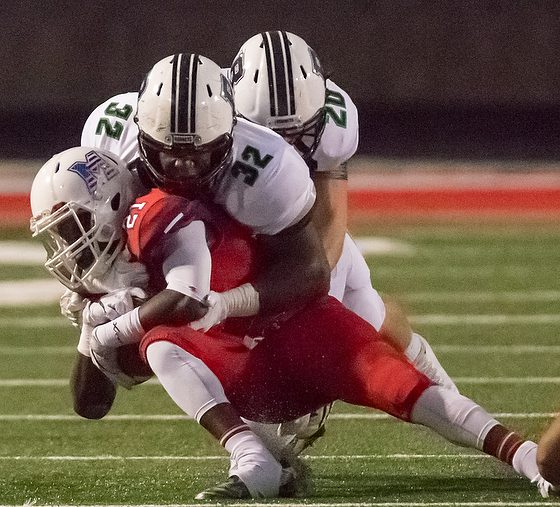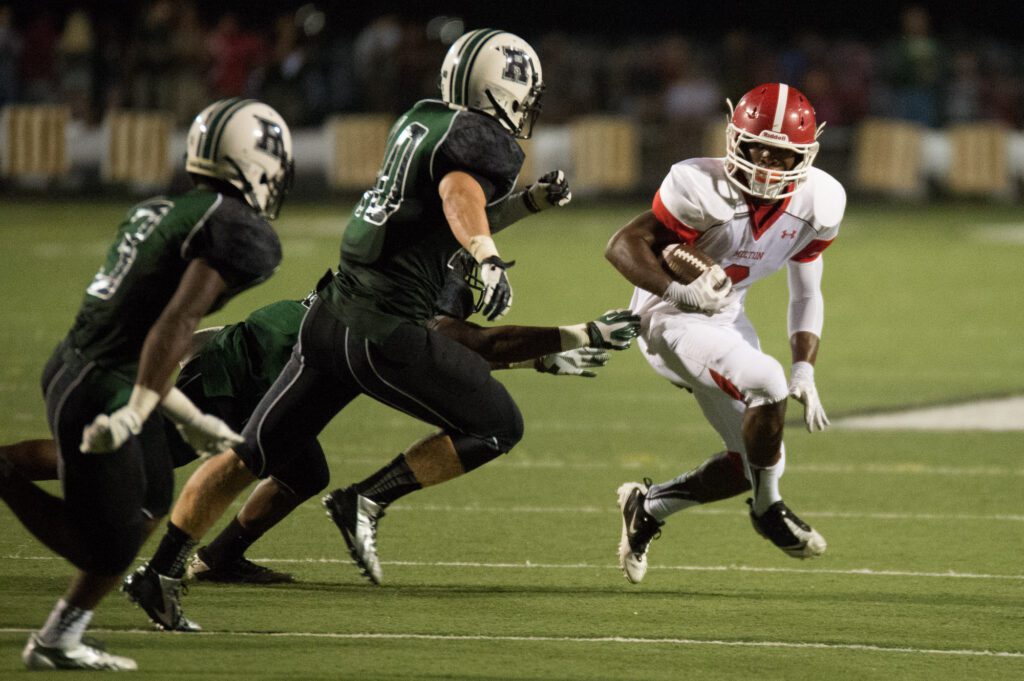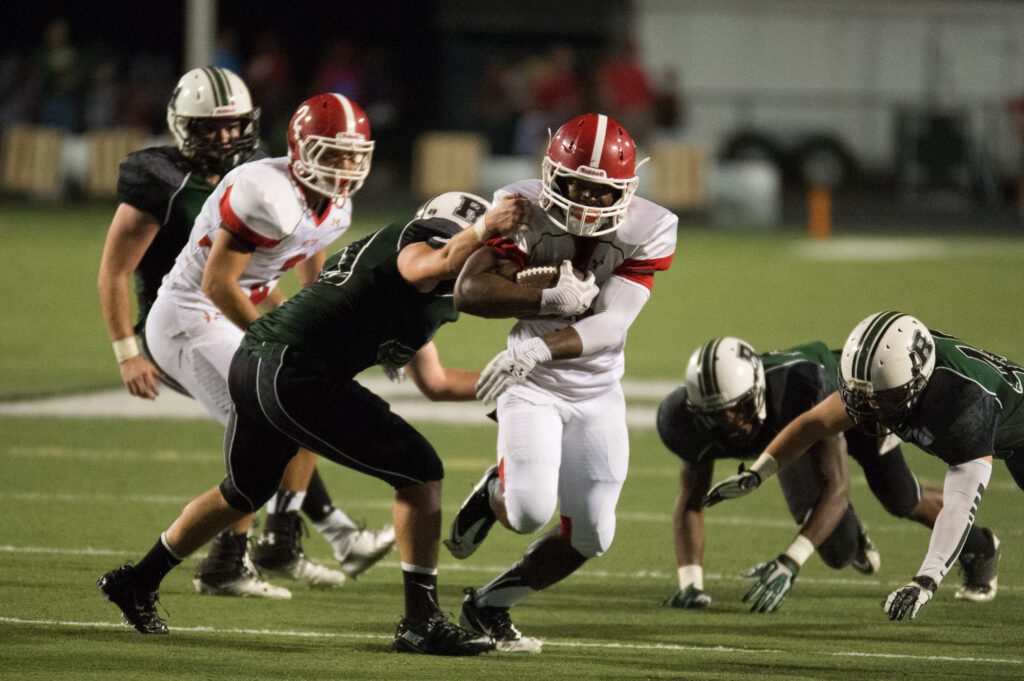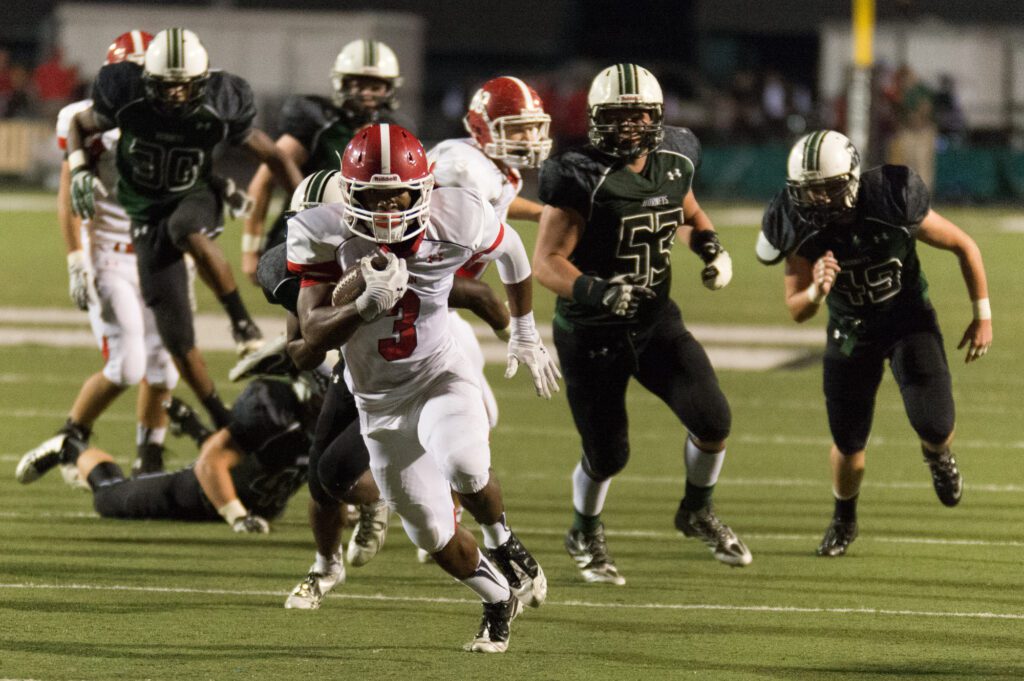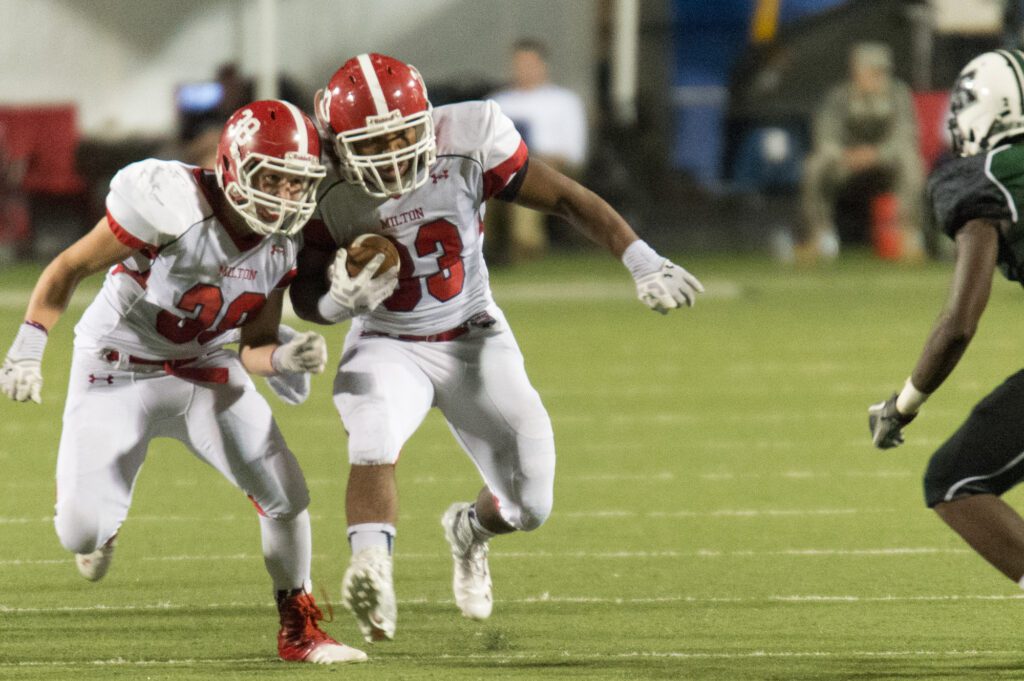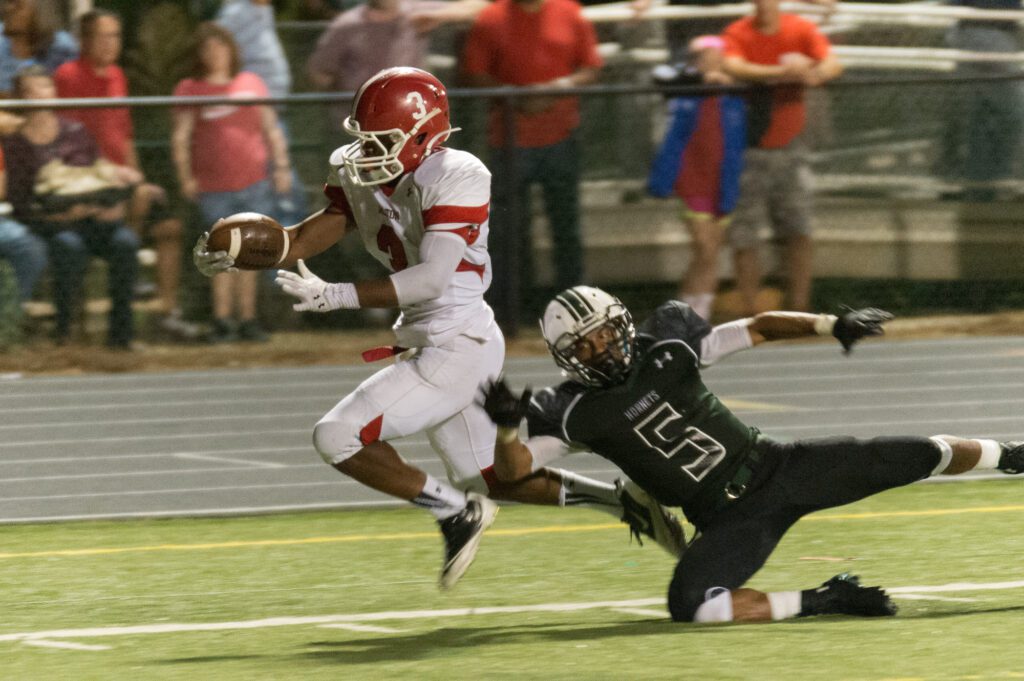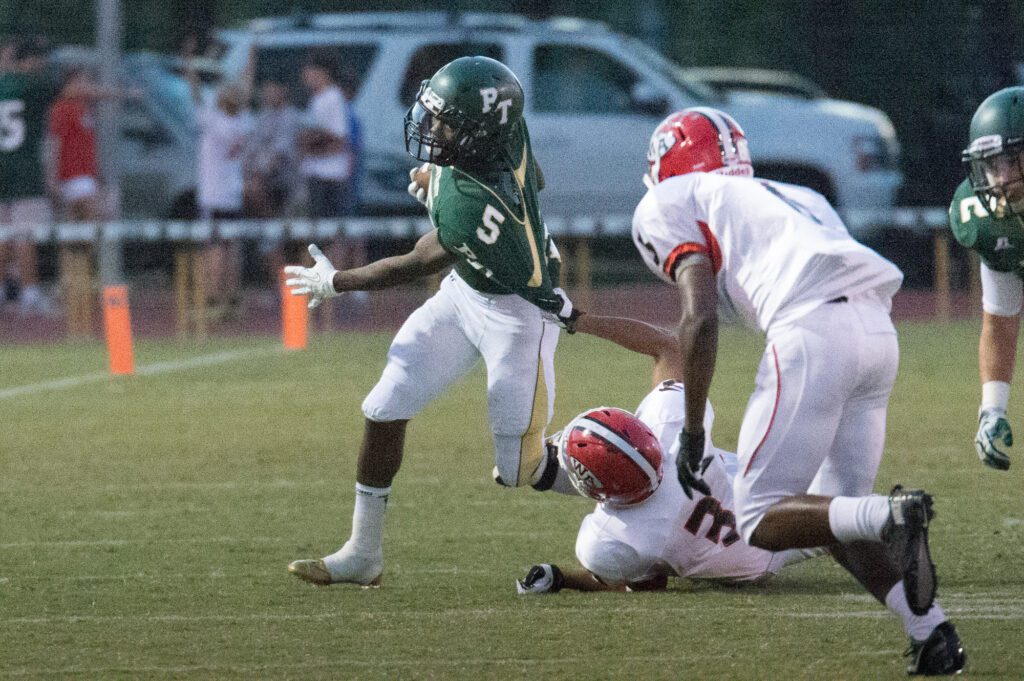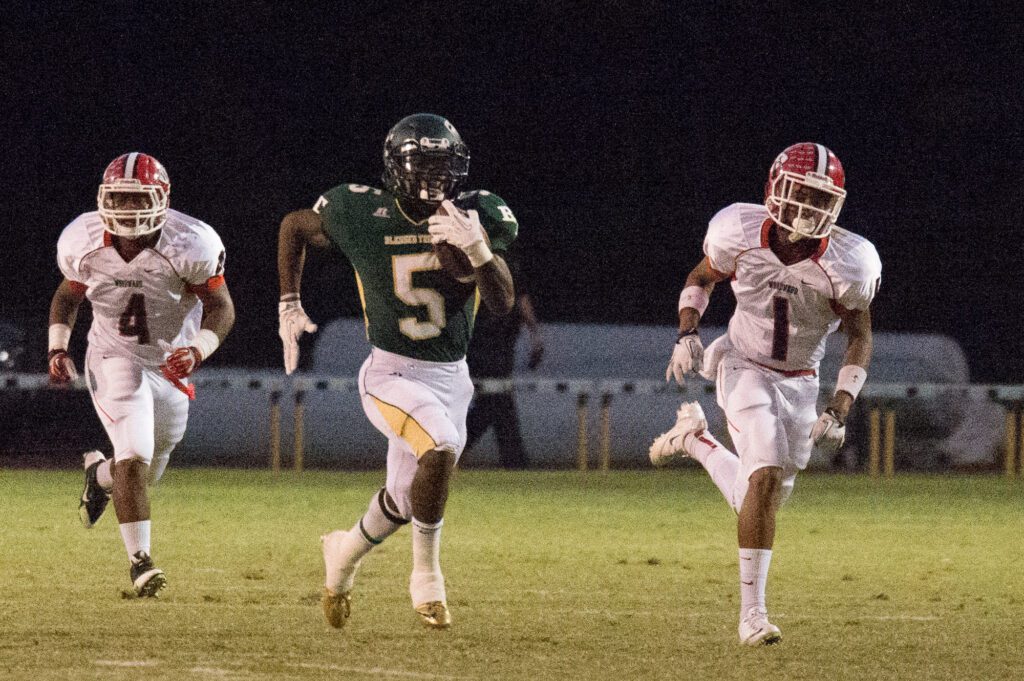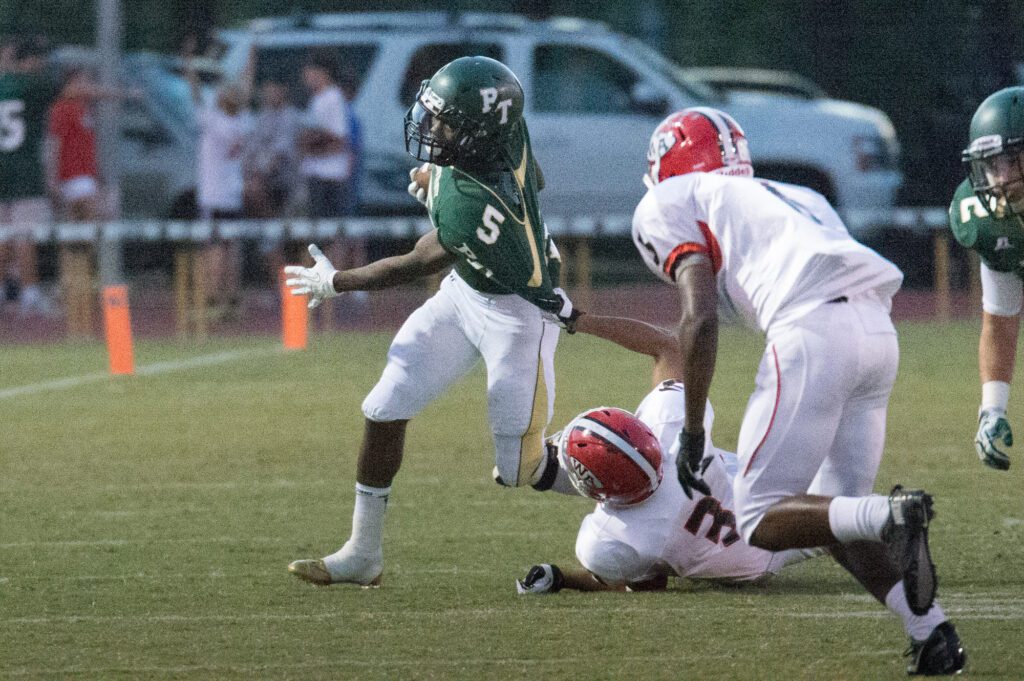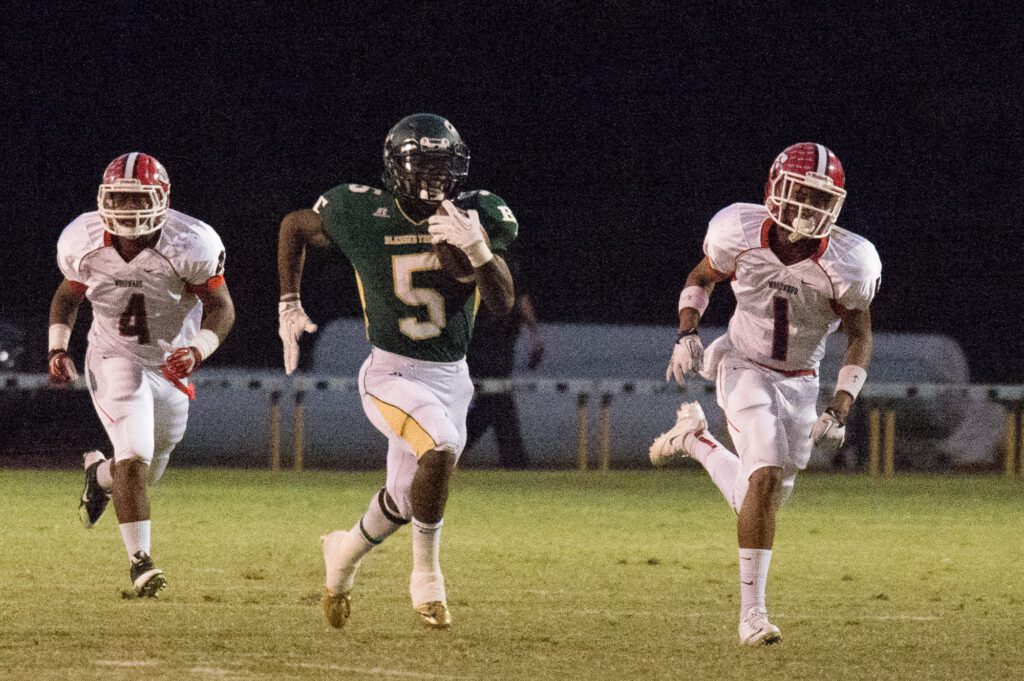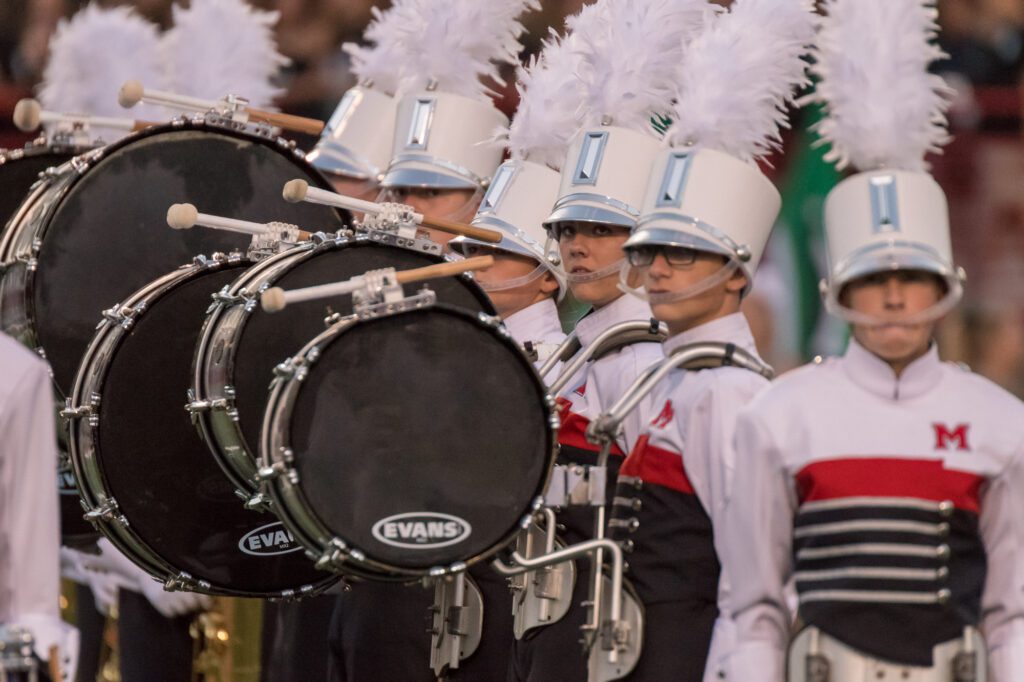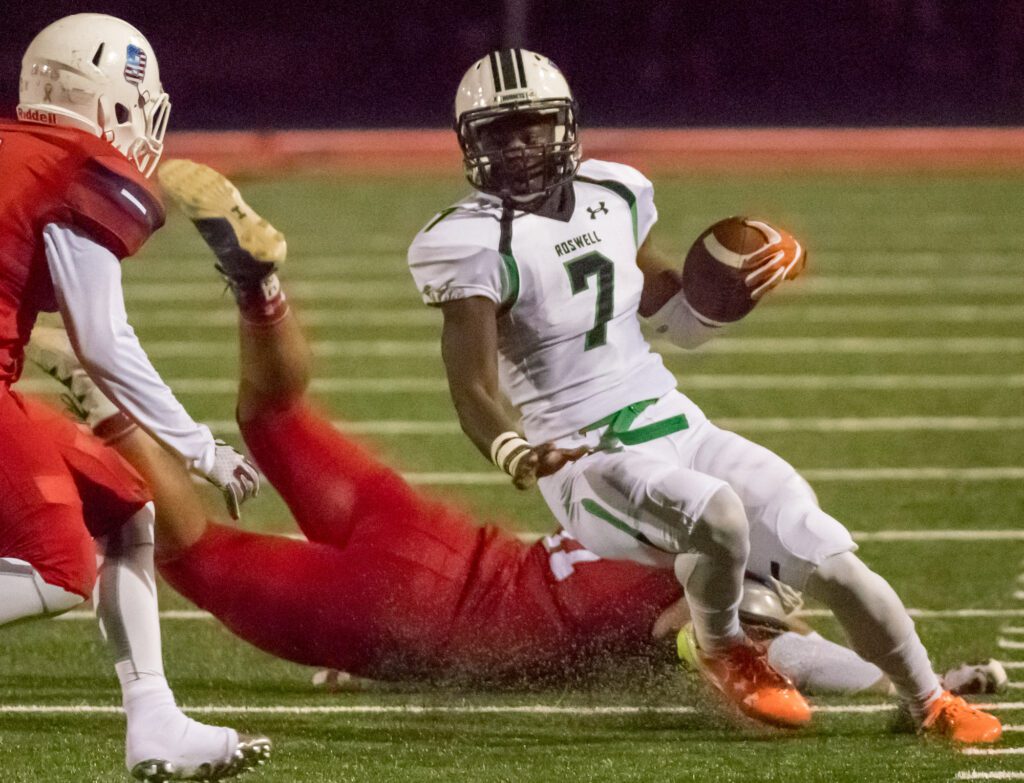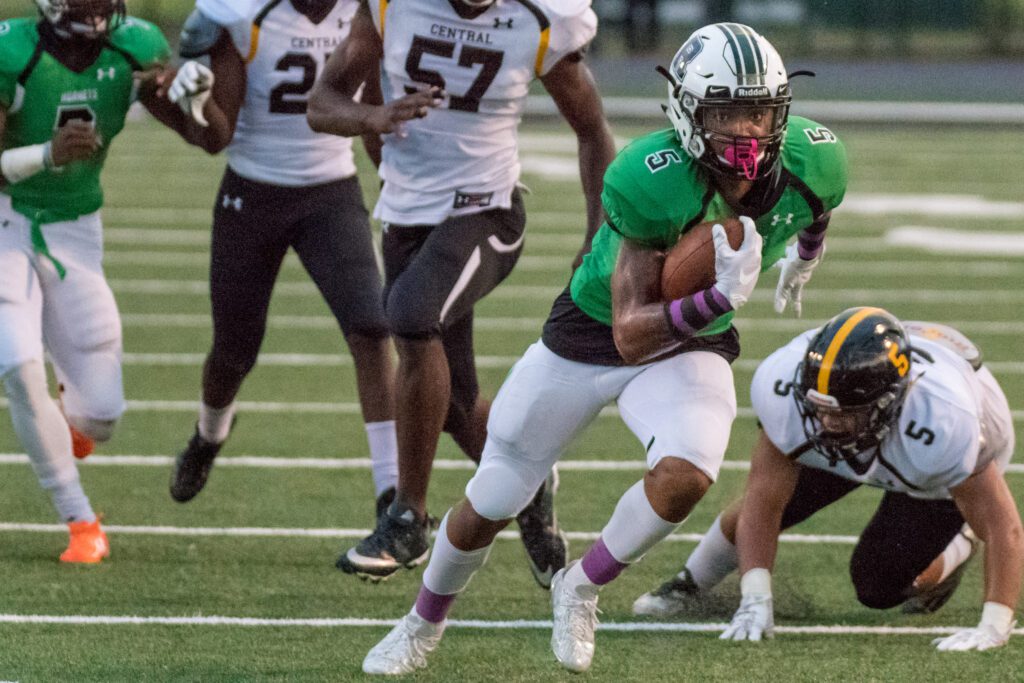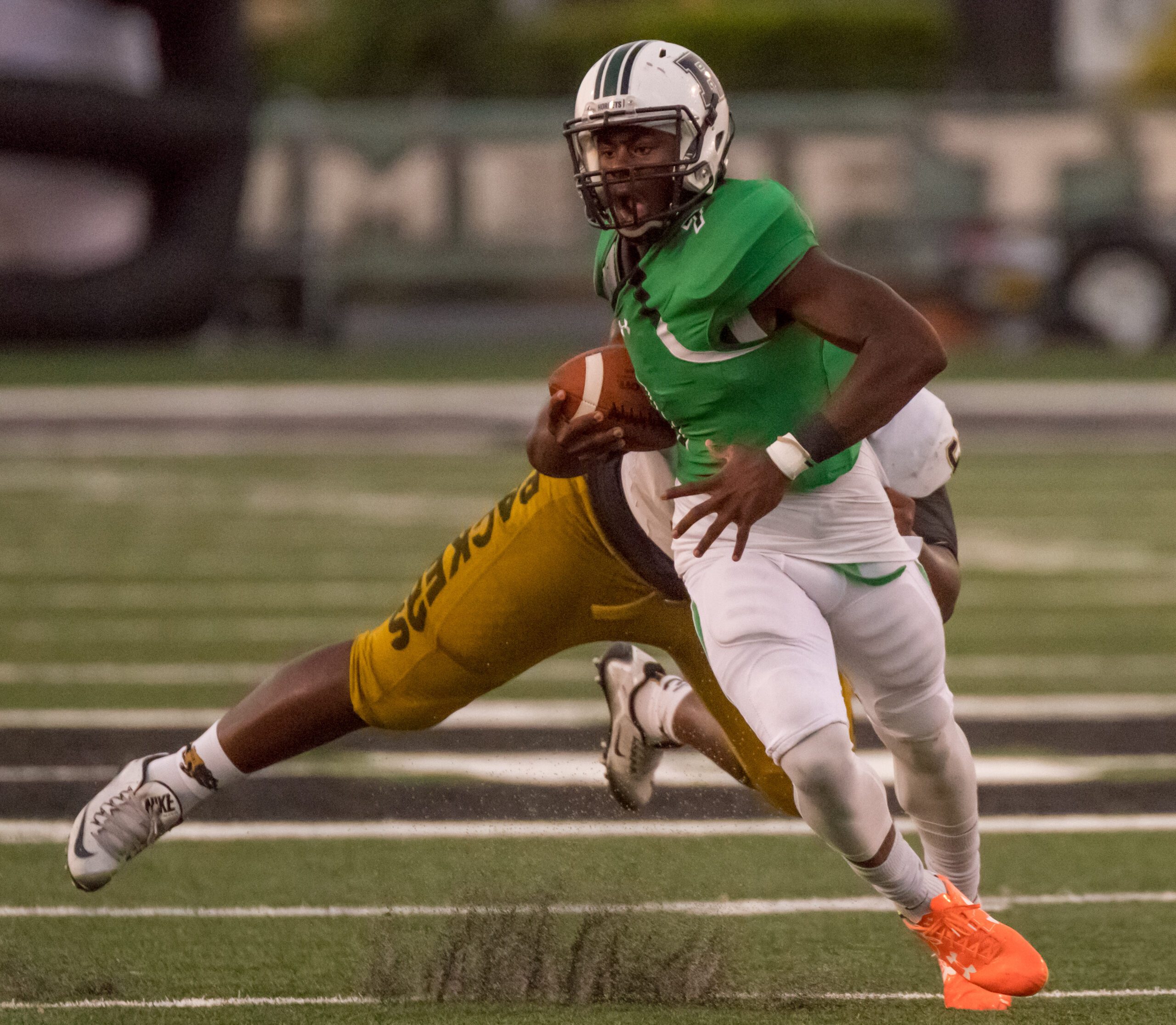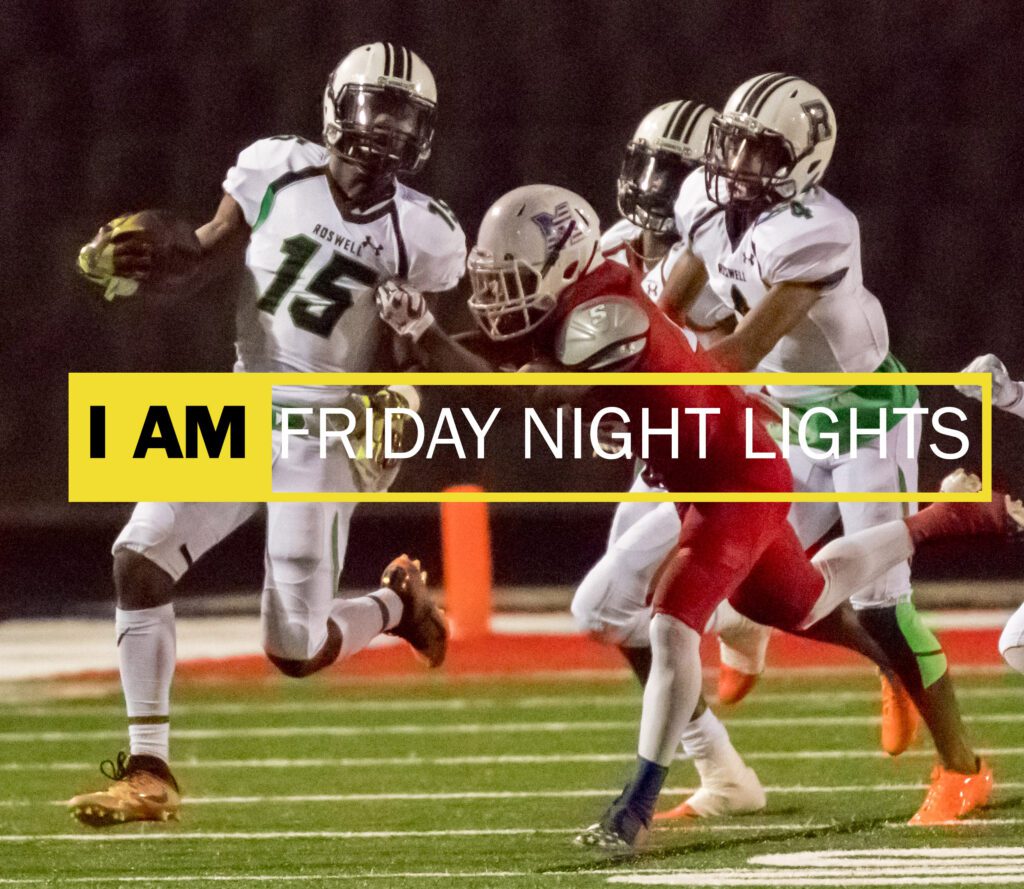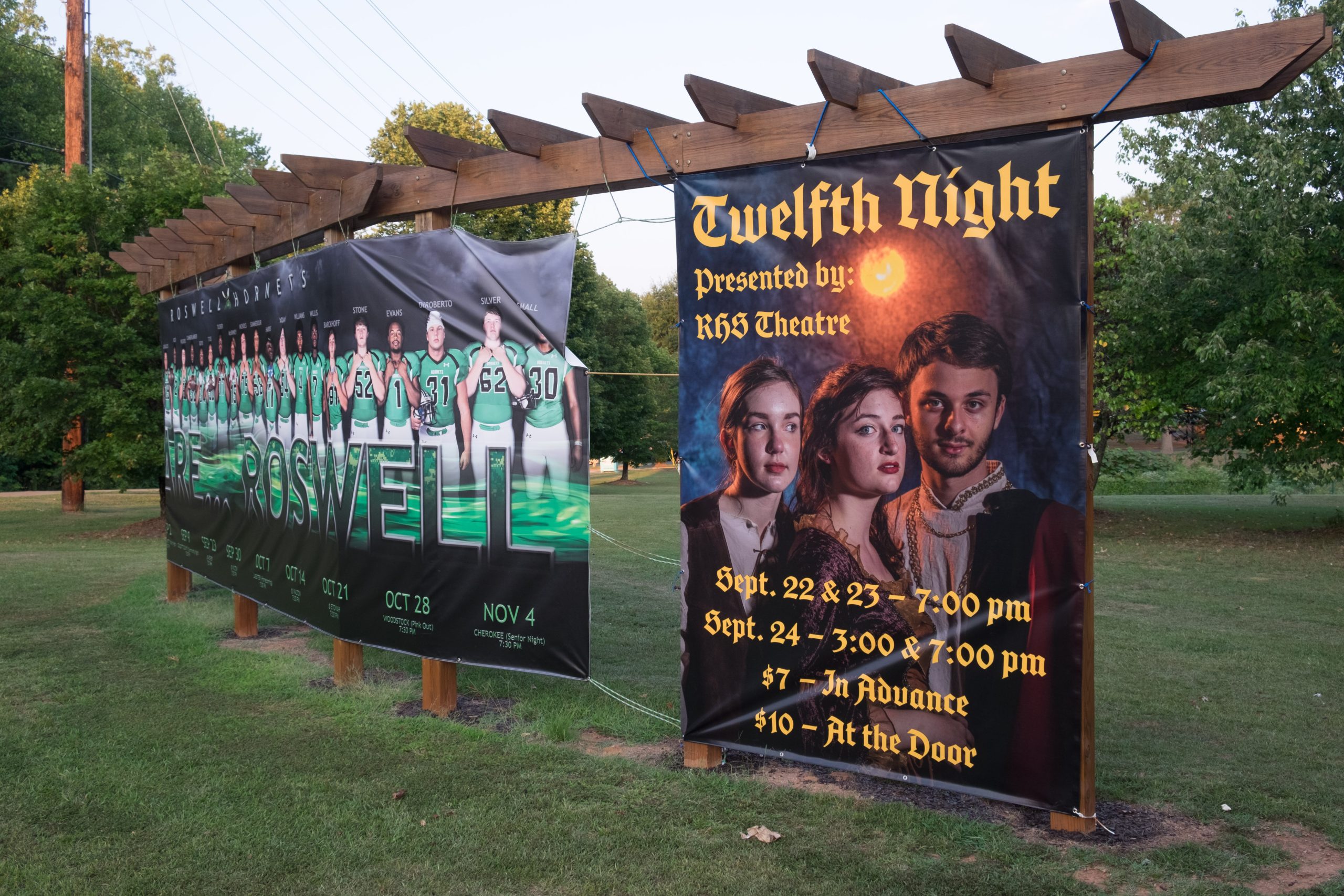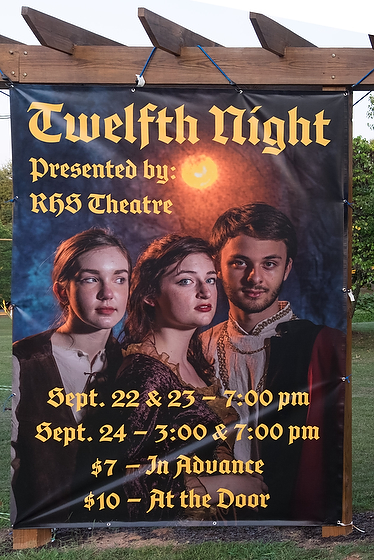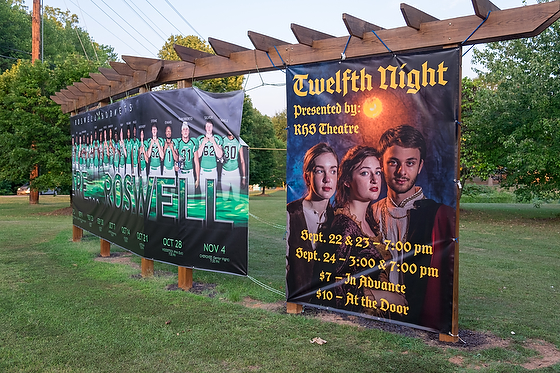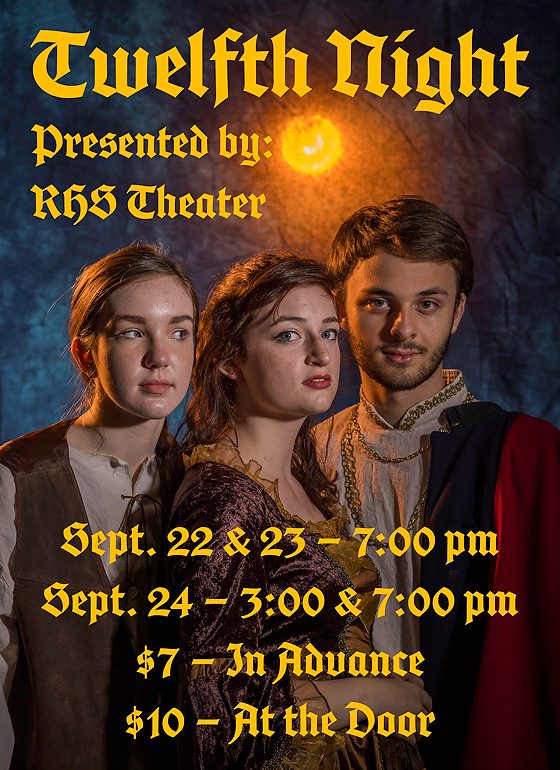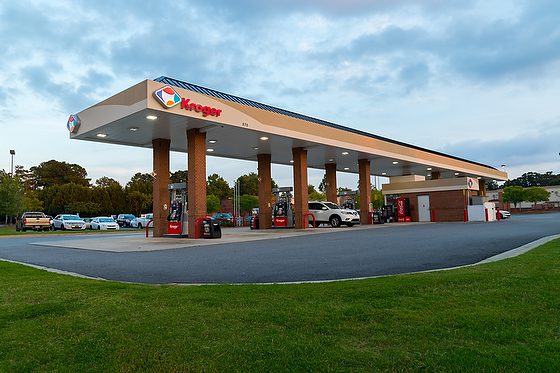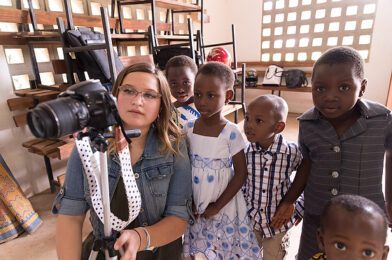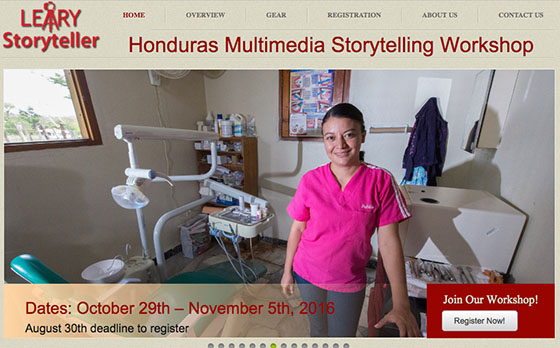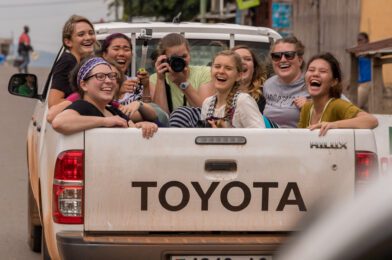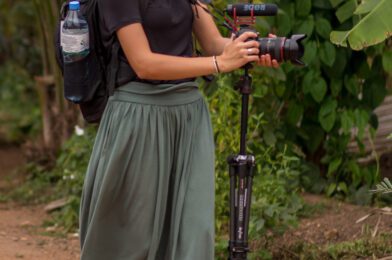
When I reach for a camera to shoot an assignment, here are some variables that are important to consider:
- Can it capture the scene?
- Is the ISO high enough for the lighting conditions?
- Is the shutter speed fast enough to freeze moments?
- Do I have to think about which camera I have in my hand?
- Are the controls the same as my other cameras?
- Is the buffer big enough so I can shoot whenever I want?
- Can I use high-speed shutter sync and shoot at any shutter speed with my flashes?
- How does it feel in my hands?
This is not an exhaustive list, but some things made me upgrade to the Nikon D5.
The Nikon D5 is blisteringly fast and has accurate autofocus. The new AF system is nothing short of sensational. If you set the camera up correctly, the D5 doesn’t miss a beat. User error is far more likely to be the reason for a missed shot than the camera letting you down, even for the best of photographers. [My D5 Settings for Sports]

I had anticipated needing strobes to shoot the volleyball game due to possible banding issues. I arrived earlier and set up three Alienbees B1600 strobes pointed to the ceiling. I wanted to shoot at a fast shutter speed of at least 1/1000, and to do this required me to use the PocketWizard TT5, AC-9, TT1 & AC-3 in combination to shoot above the sync speed of 1/250.

Here are the TT5 & AC-9 on the flash. I was not using the umbrellas.
This is the TT1 with the AC-3 that was on the camera.
The referee said no flash less than three shots into the game. There is no time to repeatedly talk to the school officials and coaches to fix this problem. So I just switched to the available light. The available light was a mixture of LED and tungsten lights.
The Color Temperature was 4700º kelvin with a +25 magenta shift to get a good skin tone. I used the ExpoDisc to get a custom white balance. [Earlier blog on ExpoDisc]
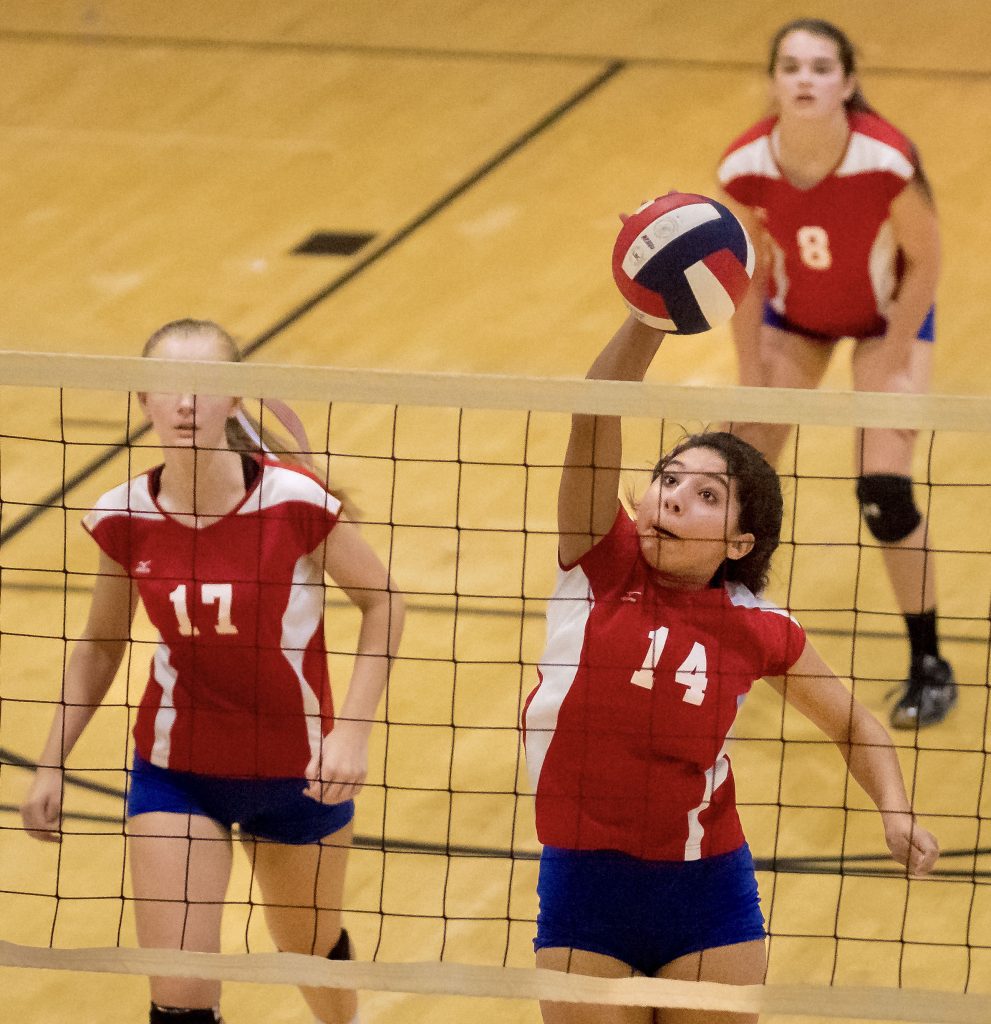
As you can see, shooting sports is essential to me. My clients need sports as well as classroom shots, for example.

According to DPReview.com, “Studio report: Nikon D5 has lowest base ISO dynamic range of any current FF Nikon DSLR.” Now, this is testing, more specifically, the high ISO range. If you want a low ISO dynamic range, buy the Nikon D810. As they concluded in their article, I can attest to this as a working pro, “For its intended audience, the D5’s high ISO imaging capabilities, advanced autofocus, and durability are likely to be much more important.”
In just a few hours, I was shooting from inside fluorescent lighting and outside with daylight and shade. I finished the time shooting under the mixed lighting of LED and tungsten and working without an assistant to keep the costs down for the client. The Nikon D5 allowed me to capture all this at such incredible quality.
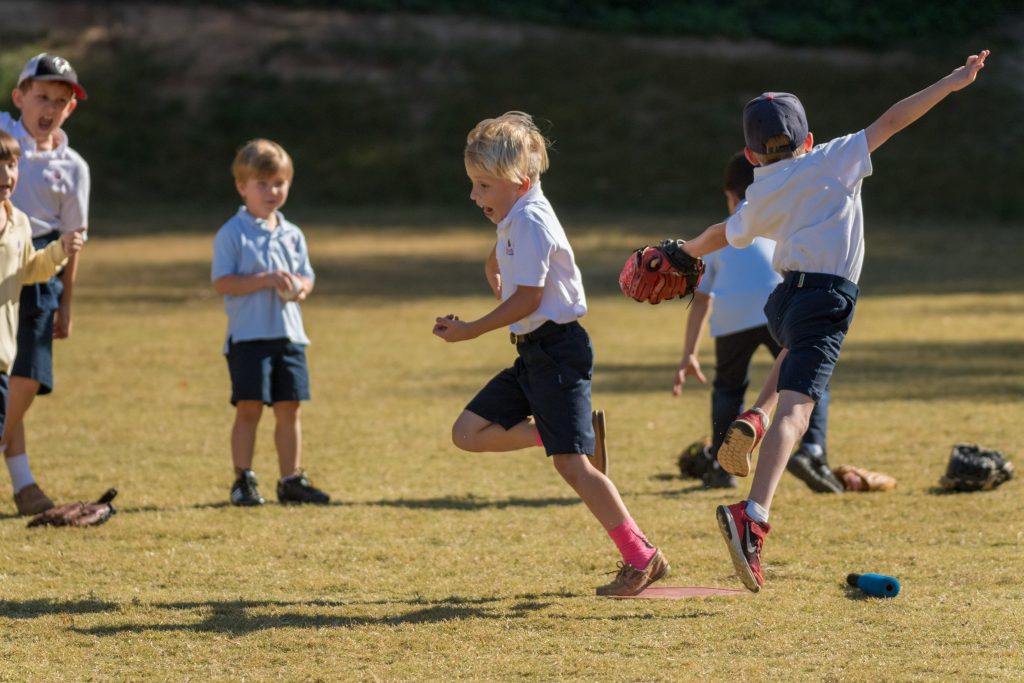
I use my Nikon D5s for video shooting as well. Most of the time, it is for formal interviews. The cool thing is that D5’s entire ISO sensitivity span is available in a 4K video recording. So, I can also shoot at these incredibly high ISOs in the video if needed.
Missing a shot because you have different camera systems is what sometimes happens. You forget how to make a change because it is other on one camera than on another. The Nikon D5 camera has freed me up to concentrate on any subject in any light and look for the moments I want to capture.
Often, I find that while there might be enough light to make a photograph, the light isn’t the best quality. The Nikon D5 works excellently with their Speedlights and doesn’t limit me to just shooting with them. I can use other systems like the Alienbees and still shoot at any shutter speed.

Here is the lighting diagram for the photo above.
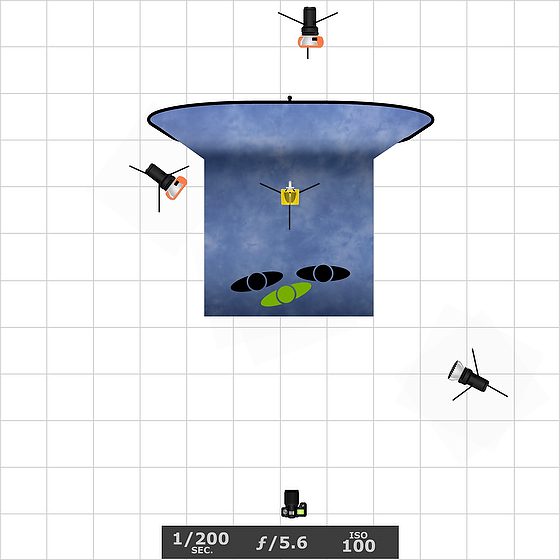
The leading light is an Alienbees B1600 with a 20º grid to keep the light tight on them. I put enough light on the background to light it and then used a CTO gel over an Alienbees positioned behind the background with a 30º grid.
So, how is the resolution of the Nikon D5? Well, this 6′ x 9′ banner worked just great. You can walk up and look at the details in the poster.

Having the workhorse Nikon D5 in my bag is great because I feel ready for any situation.

